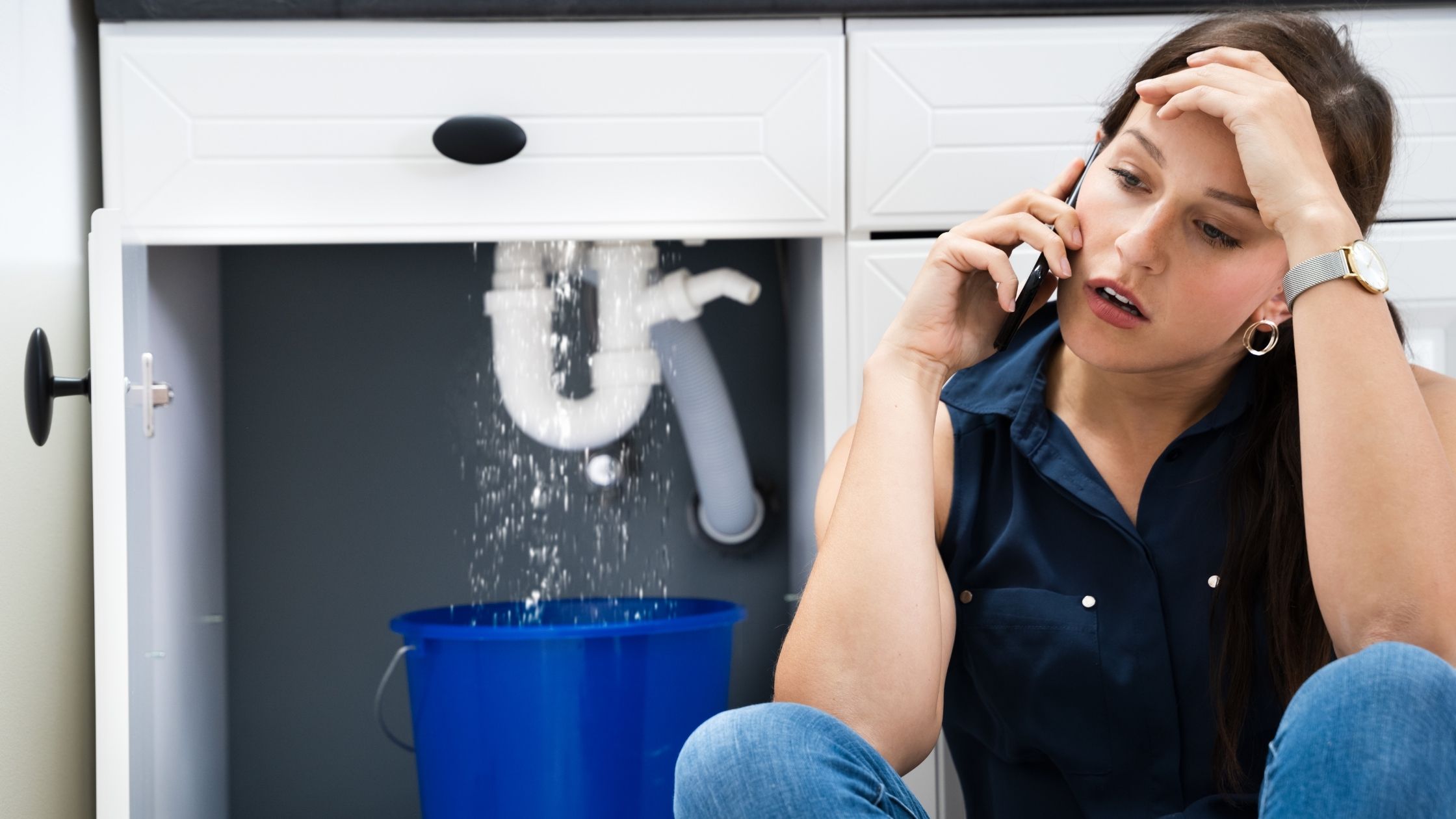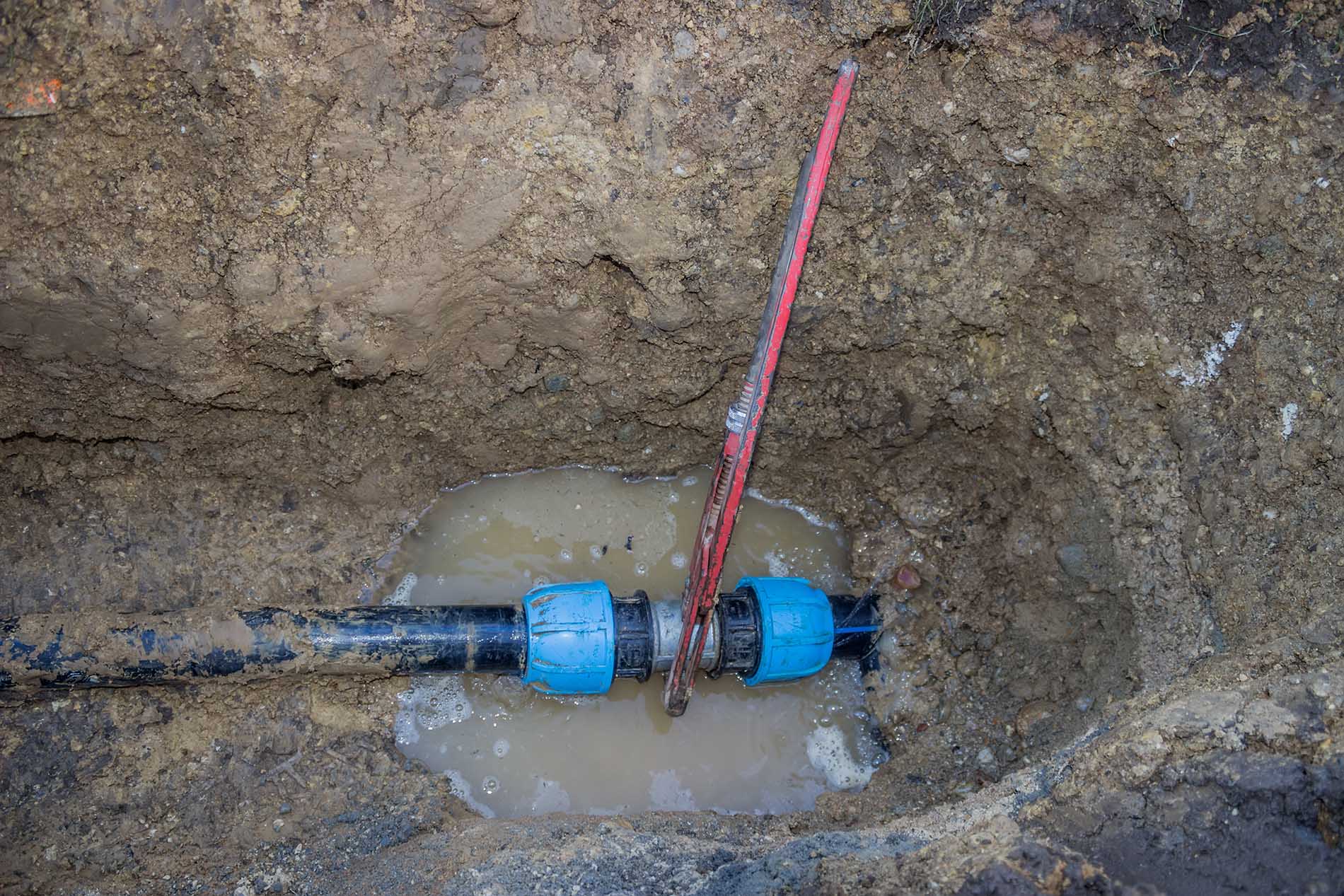The Top 5 Common Origins of Water Leaks
The Top 5 Common Origins of Water Leaks
Blog Article
The writer is making several great pointers on the subject of Common Causes of Water Leaks in the Home in general in this great article directly below.

"Beware of little expenditures. A small leakage will certainly sink a wonderful ship." - Benjamin Franklin.
He couldn't have actually been a lot more ideal since water leaks in our homes result in a waste of sources, raising our water bills. This boost could appear minimal at initially, it can lead to considerable costs that can damage your bank. Other than a rise in bills, water leaks also create unwanted natural development, structural damage, and even electrical dangers.
Figuring out if you have a water leak isn't always easy because of being unable to see most of the pipework in your home. Nonetheless, If you have had an increase in your water costs recently, observed water discolorations on ceilings and wall surfaces, scented lousy odor, etc. You could wish to think about requesting plumbing services to get it took a look at.
There are a number of sources of water leaks, and we have put together the usual factors listed below. Check to see if you have actually had associated concerns in your home lately.
Obstructed drains
Food particles, dirt, and also oil can trigger clogged up drains as well as block the passage of water in and out of your sink. Boosted pressure within the gutters can create an overflow and finish up fracturing or breaking pipes if undealt with. To avoid stopped up drains in your house, we advise you to avoid pouring fragments down the tubes and routine cleaning of sinks.
High water pressure
You noticed your residence water stress is higher than common however then, why should you care? It's out of your control.
It would be best if you cared since your ordinary water pressure must be 60 Psi (per square inch) and also although your house's plumbing system is developed to endure 80 Psi. A rise in water pressure can place a stress on your house pipelines and also lead to fractures, or even worse, burst pipes. Get in touch with an expert about managing it if you ever before discover that your residence water pressure is greater than normal.
Deterioration
As your pipework grows older, it gets weaker as well as a lot more vulnerable to rust after the regular passage of water through them, which can eat away at pipelines and create fractures. A visible indication of deterioration in your house plumbing system is discoloration and although this might be difficult to discover as a result of most pipelines hidden away. We suggest doing a regular checkup every few years and change pipes once they are old to make sure a sound plumbing system
Weakened pipe joints
Pipeline joints are the components of our plumbing system where the pipes connect. It is crucial to note that also though pipelines are made to stand up to stress and last for a while, they weren't designed to last for life; for that reason, they would certainly deteriorate over time. A typical sign of damaged pipeline joints is extreme noise from taps.
Busted seals
One more root cause of water leakages in houses is broken seals of house appliances that use water, e.g., a dishwashing machine. When such home appliances are set up, seals are mounted around water ports for simple passage of water through the equipment. A broken seal can create leakage of water when in usage.
With little or no expertise of plumbing, comprehending your residence's plumbing system sufficient to fix several of these issues (without effect) can be a problem. Connect with plumbing experts in Pittsburgh, Divine Superintendence, Rochester, and environ today, as well as they'll make those concerns vanish.
He couldn't have actually been a lot more best since water leakages in our houses result in a waste of sources, enhancing our water costs. If you have had a rise in your water costs lately, discovered water discolorations on walls and also ceilings, scented poor odor, and so on. An increase in water pressure can place a pressure on your residence pipes and lead to cracks, or worse, burst pipelines. One more cause of water leaks in houses is broken seals of home appliances that make use of water, e.g., a dishwashing machine. When such home appliances are set up, seals are installed around water adapters for easy flow of water with the device.
5 TIPS IN DETECTING A WATER LEAK IN YOUR HOUSE
Water leaks can be hard to find in your home, yet they can be so common. We rely on water every day in our home, which is why a leak can cause big problems. By detecting them early, you can save money and further damage, getting the problem fixed as soon as possible. Here are 5 tips to help you detect a water leak in your home, so you can contact a plumber straight away and get the issue sorted.
Check your water meter
Many people underestimate the value of the water meter in their home. It can be one of the best ways to tell if you have a leak early on, so you can get on top of it before issues start arising. Start by turning off all the water in your home: taps, washing machine, dishwasher, etc. Now take a look at the meter – if it’s still changing with everything turned off, it’s likely you have a fast-flowing leak that you need to get on top of straight away. If nothing changes, then leave your meter for an hour or two and come back to it. Did it change in this time? It’s likely you have a slower leak, which isn’t as urgent but still handy to get fixed so it doesn’t become a bigger problem.
Keep an eye on your bill
Another good way to detect a leak in your home is by keeping an eye on your water bill. It helps if you have a past bill from the same period of time. You can compare like for like and determine whether your water usage has increased significantly. If it has, there may be a leak in your system that you haven’t picked up before. A professional plumber can check through all of your pipes and determine where it is coming from.
Look for damage
If you have a leak inside your home, you will notice damage over time. Take a look at your showers and bathtubs and note whether any of the tiles surrounding the area seem to be discoloured or damaged in any way. There may be water stains, mould or peeling material that has resulted from a build up of moisture over time. Make sure you take a look under sinks at the back of cupboards that don’t get accessed regularly. This is where damage can go unnoticed and build up over periods of time.

We are very occupied with How to Find and Prevent Water Leaks in Your Home and I'm hoping you enjoyed reading the entire page. Appreciated our blog posting? Please share it. Let someone else locate it. Thank you for taking the time to read it.
Book Instantly Report this page